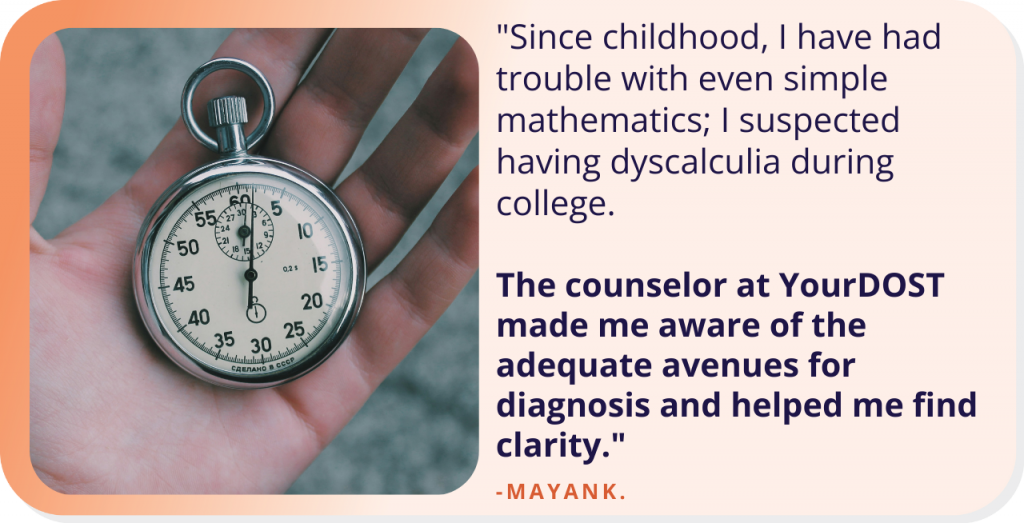What Is A Smile? Why Smile? Findout Answers, Reasons And More
A smile is a universal welcome remark, writes Max Eastman. You can sometimes be happy only because you smile. Andrew Newberg concludes that a “smile is the symbol that was rated with the highest positive emotional content.” Smiling is always contagious so spread it a little more so that people can feel light.
It is often discussed that what is so unusual or peculiar about the painting Mona Lisa. One of the popular observation is the smile – the smile is so unique. Just like the smile on the painting every smile is attractive.
Primarily, a smile is a facial expression formed by flexing the muscles at the sides of the mouth. But smile has a lot of other benefits you will find them soon. But before that,
What is the science behind smiling?
Have you ever tried to hold a pencil between your teeth? Researchers have proved that intentionally exercising your facial muscles (zygomaticus major muscle and orbicularis oculi muscle) can actually make you feel better even when you are sad.
During a pleasant situation, when the brain feels happy, endorphin ins or happy hormones are produced and neuronal signals are transmitted to your facial muscles which trigger you to smile. So when your facial muscles contract, they signal the brain, stimulating our reward system and further increasing the level of the happy hormones.
Therefore, when your brain feels happy, you smile; when you smile, your brain feels happy. As a research scientist concludes, “smiling can be as stimulating as receiving up to 16,000 Pounds Sterling in cash.”
Why should you smile?
Statistics show that more than 30% of us smile more than 20 times a day and less than 14% of us smile less than 5 times a day. The greatest superpower of smiling lies within children who smile as many as 400 times in a day.
Smiling is a conversation starter:
Smiling is not only a universal means of conversation starter but it is the easiest one. It is very difficult to frown when someone smiles at you. Smiling is contagious and you would subconsciously smile when you see another person smiling even if it’s a stranger.
The scientific explanation by the neuroscientist, Marco Lacoboni, states that our bodies possess mirror neurons – cells in the premotor cortex and inferior parietal cortex that get activated when we witness someone performing it. For smiling, mirror neurons respond to both the acts of seeing and doing.
So, the next time you wish to speak to a person and don’t know how to do it, just smile. 🙂
Smiling helps reduce stress:
The age old proverbs such as ‘grin and bear it,’ or ‘laugh it out’ have suggested that smiling is not only a nonverbal indicator of happiness but also a way to handle stress. The science behind smiling proves that the contraction of the facial muscles results in activating the happy hormones in the brain. When a person feels happy, stress is automatically reduced.
Smiling reduces the stress that your body and mind feel, in a similar way like a good sleep or a filled stomach. It generates more positive emotions within you. That’s why you may feel happier around children who smile more.
An experiment was conducted by Tara Kraft and Sarah Pressman on 170 participants as published in the journal, Psychological Science, University of Kansas. It was observed that the participants who smiled the biggest with the chopsticks experienced a substantial reduction in heart rate and quicker stress recovery compared to those whose expressions remained neutral.
A smiling person looks more trustworthy and approachable:
Psychologically, a person who smiles looks friendlier than a person with a frown or a neutral expression. Smiling employees came across as more likeable and created a positive impression on customers. In a University of Pittsburgh study, the researcher observed the potential connection between a model’s level of attractiveness, the intensity of her smile and her perceived level of trustworthiness. As a result, 45 models on these 3 conditions, revealing that the more a model smiled, the more trustworthy they seemed.
Smiling makes you more productive:
The benefits putting on a grin at the office don’t restrict to a mood boost. A daily dose of smiling can bring happiness which can make you feel positive and more productive as an employee.
The benefits of putting a grin on your face at the office don’t begin and end with a mood boost; that dose of happiness can help make you a more productive employee as well. In 2010, a team of economic researchers found that happiness has a significant and causal effect on productivity in the workplace.
“We find that human happiness has large and positive causal effects on productivity,” the team said. “Positive emotions appear to invigorate human beings, while negative emotions have the opposite effect.”
Smiling is free!
A smile can make you look more attractive, trustworthy and approachable. It is the easiest way to start a conversation. It is a simple way to boost your mood. The reasons to smile can be infinite.






